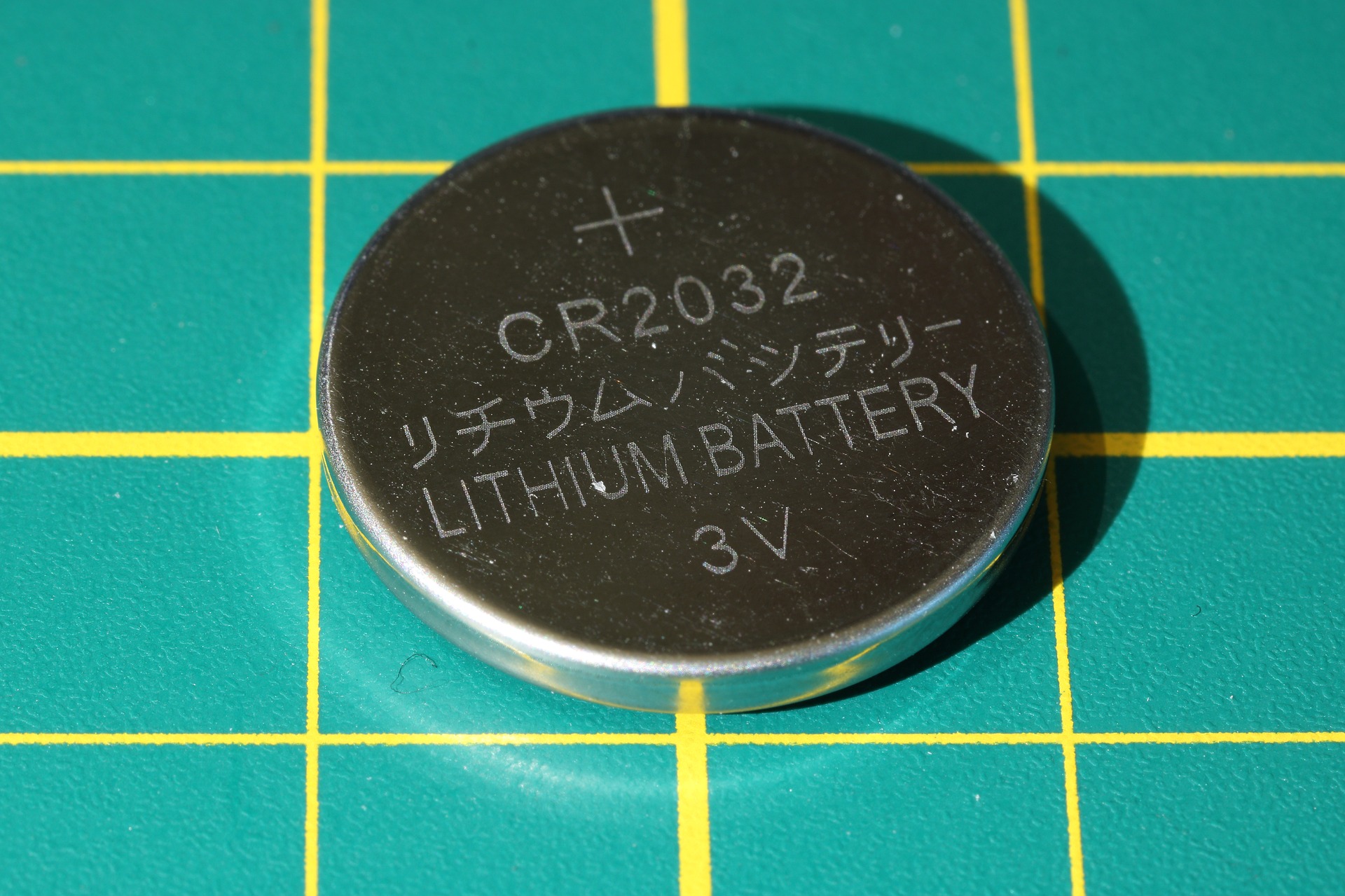News release
From:
Managing dangers of button battery ingestion in kids
Button batteries are commonly used in many electronic devices, and the number of children ingesting button batteries is increasing, according to US data. A Five things to Know About… practice article in CMAJ (Canadian Medical Association Journal) highlights some key points for managing button battery ingestion.
- Injuries from battery ingestion are increasing according to US data. Between 1999 and 2019, the United States National Poison Data System reported a 66.7% increase in yearly ingestion of button batteries and a 10-fold increase in complications.
- Battery size and type influence complications. Lithium batteries and those 20 mm or larger are more dangerous and can become lodged in the esophagus, especially in children less than six years old.
- Urgency of management depends on location of battery. Batteries in the esophagus should be removed immediately by a health care provider to prevent tissue erosion. Urgent removal in a health care setting is advised in children under 5 years who swallow batteries 20 mm or larger. Otherwise, children should be monitored as outpatients to see if they pass the battery.
- Honey or sucralfate should be administered after battery ingestion. Honey given to children older than 1 year by their caregiver (10 mL every 10 minutes, up to 6 doses) before arrival to the hospital and sucralfate administered in hospitals can reduce tissue damage due to swallowed button batteries.
- Monitor children for long-term complications. Serious complications can occur despite removal of the battery. Caregivers should monitor for symptoms, including gastrointestinal bleeding and vomiting, weeks to months after removal.
"Button battery ingestions in children" is published September 27, 2021.



 International
International



